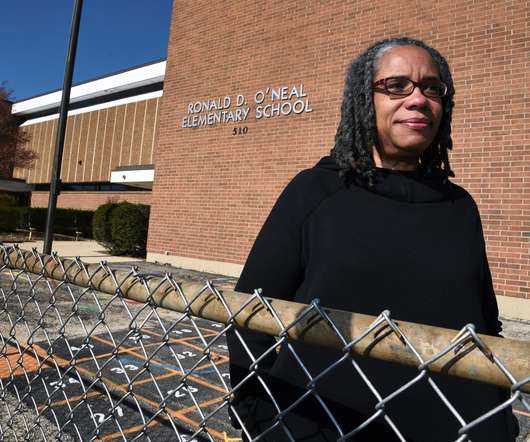Inside Maine’s disastrous roll out of proficiency-based learning
The Hechinger Report
APRIL 19, 2019
When Hallowell tried to extend proficiency-based education to its high school in 2008, parents put up a fight, saying the change would make it harder for their children to compete for scholarships and admission to selective schools, according to a case study published by the state Department of Education.

















Let's personalize your content